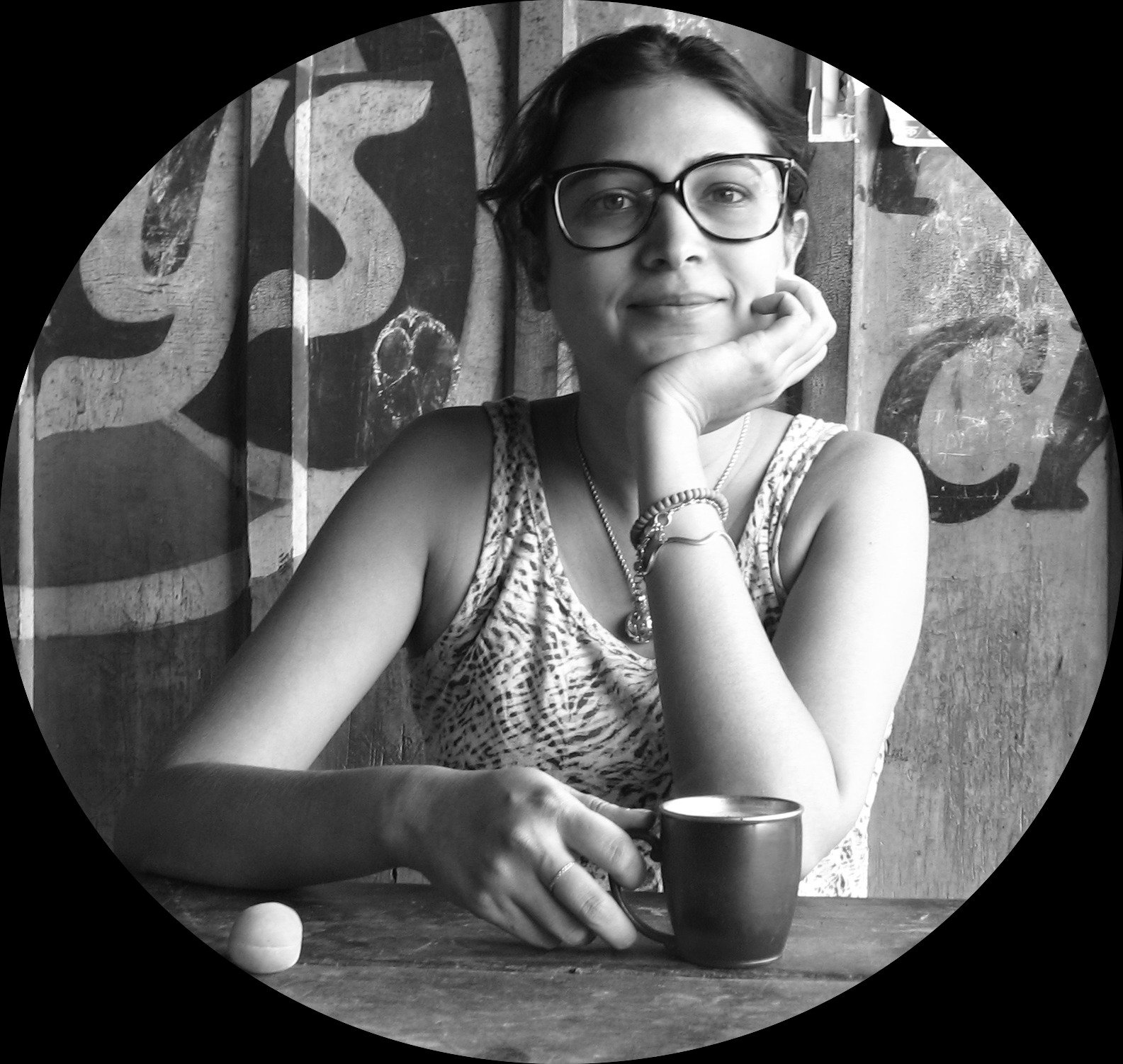Crowdfund for medical emergencies on Give
HEALTHCARE in India has several challenges which include inadequate access, shortage of skilled medical professionals and an increasing chronic disease population. And the arrival of COVID-19 has tragically highlighted the situation. Our public health expenditure is just 1% of the GDP and is among the lowest in the world – lower even that of neighbors Sri Lanka, Nepal and Bhutan.
With one government doctor for every 10,189 people (the World Health Organization recommends a ratio of 1:1,000) or a deficit of 600,000 doctors, and the nurse: patient ratio of 1:483, implying a shortage of 2 million nurses, India’s public health infrastructure was under considerable strain, even before the pandemic struck.

The inadequate public healthcare system
Nearly all COVID-19 infected patients since the onset of the pandemic have been undergoing treatment at public hospitals, eating into human and other resources normally reserved for many other diseases and ongoing ailments.
Across the country, the skewed distribution and private ownership of facilities have made it very difficult for less well-off patients to access treatment. The relentless pursuit of privatisation of healthcare while neglecting to strengthen the public health system puts millions in danger every year. Now the novel coronavirus has just multiplied that number.
India’s large population of 1.38 billion and a weak healthcare system result in a major section of its populace being underserved. In India, 65% of the expenditure on healthcare is out-of-pocket, as compared to just 13% in a developed country like Germany – and this pushes nearly 57 million Indians into poverty each year.
The role of fundraising for healthcare
Medical emergencies come without warning. They demand a prompt response and an early start of treatment. When diagnosed with major illnesses or life threatening diseases, the family is overwhelmed both emotionally as well as financially. The cost of treatment is often very high even for those who have the means. Many Indians, from poorer sections of society, do not have health insurance or savings to pay for basic medical expenses. They are left with no option but to take personal loans, often at high rates from unscrupulous money lenders, and end up in a never-ending debt cycle.
Take the case of Suryakant, a daily wage earner, who is fighting for his life since he was diagnosed with cancer. He was the sole breadwinner and supported his family of four before the lockdown snatched his livelihood. After a difficult two months which saw him struggling for sustenance, he was dealt a second blow when the illness was discovered. His dependent family has run out of all means to fund his treatment that costs ₹3.5 lakhs. Initially having borrowed money from relatives, they are unable to arrange for more and in dire need to continue the treatment.
This is where medical fundraisers and the donations through them can help those in need. By getting smaller donations from large groups of people you can help many like Suryakant survive in these extraordinarily difficult times.
Healthcare should not be a luxury or privilege. While India’s public healthcare system remains inadequate and inequitable, the role of crowdfunding online for medical emergencies has become vital. Anyone requiring funds for treatment being carried out in a hospital or their loved one can start a healthcare fundraiser on Give – or you can start one on their behalf.
This is one way to give better access to medical care for traumatic health emergencies that everyone faces from time to time. You can start a fundraiser here.
_______________________________________________________________________________
Established in 2000, Give is the largest and most trusted giving platform in India. Our community of 2.6M+ donors have supported 2,800+ nonprofits, impacting 15M+ lives across India.

Samar is a Marcoms specialist and freelance writer. She has a master’s in marketing and creativity from ESCP Business School. She is an avid traveller and likes to write about technology, travel, wildlife and sustainability.
Discover more from
Subscribe to get the latest posts sent to your email.
